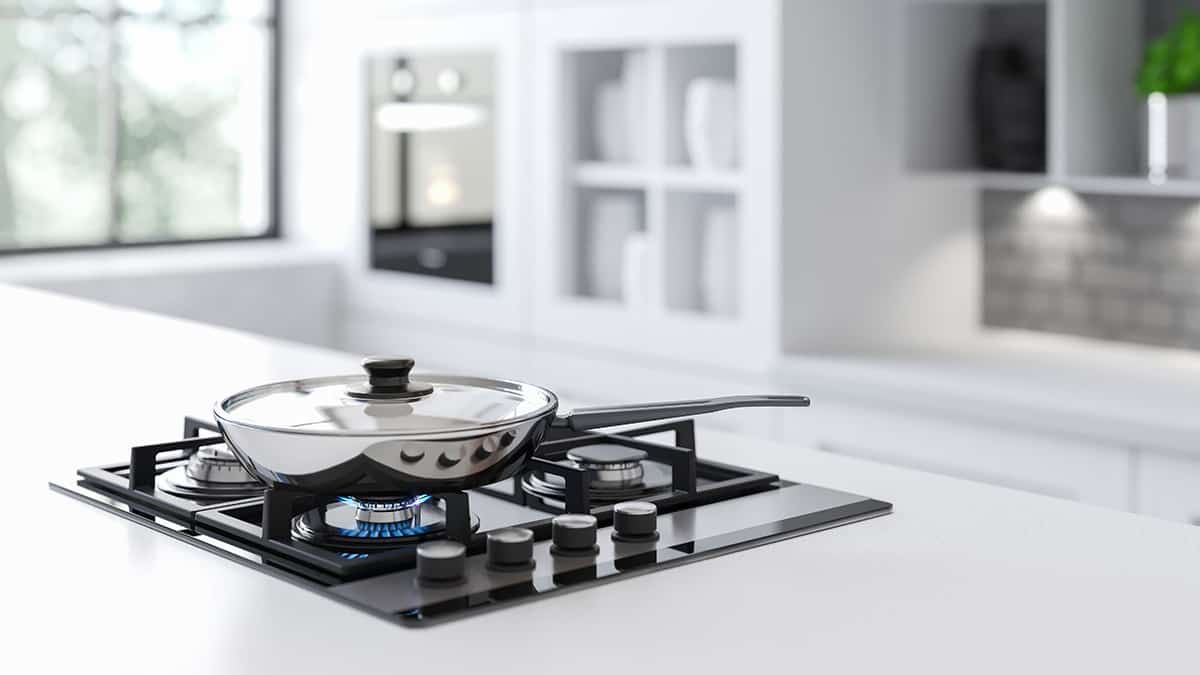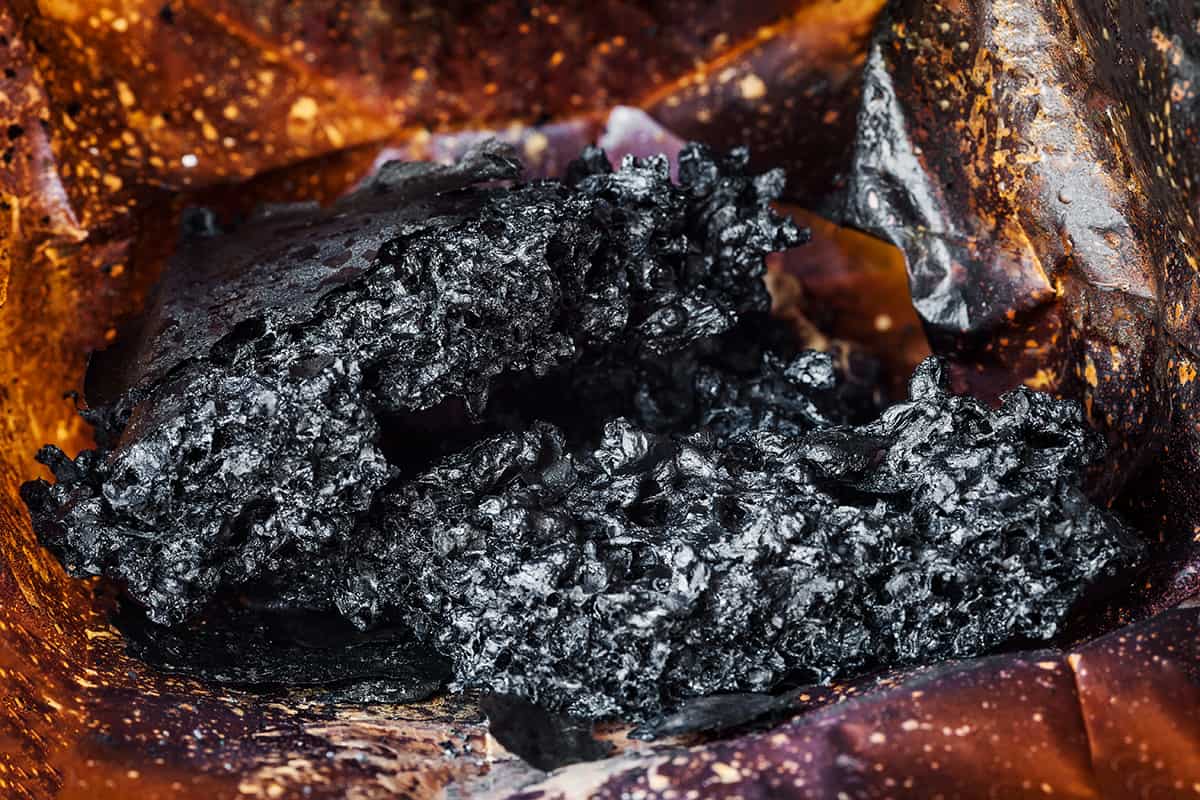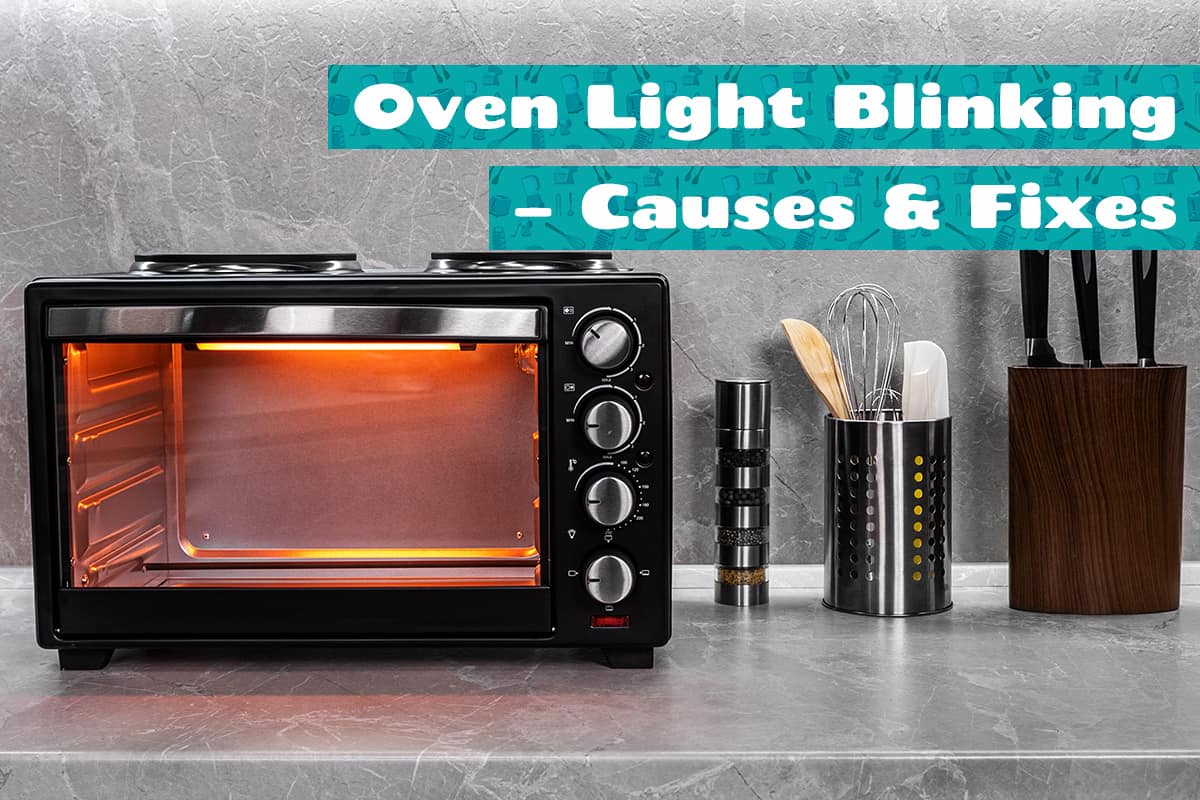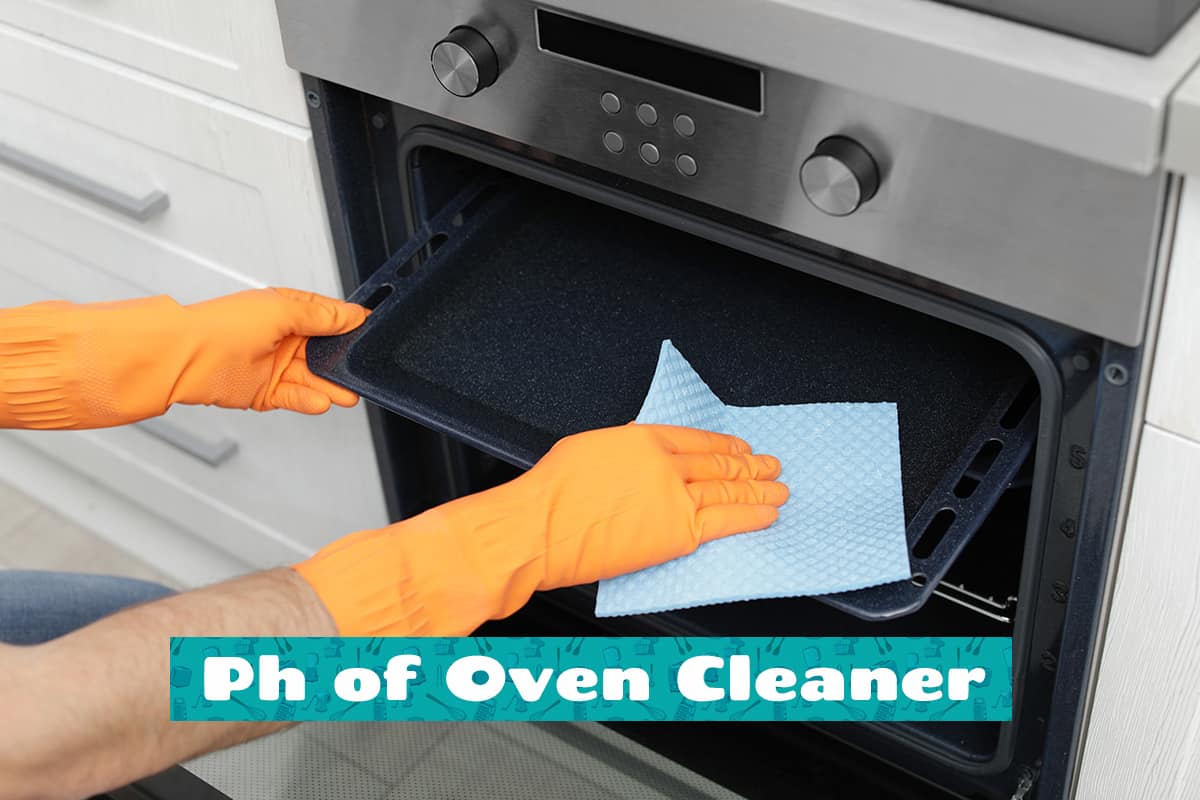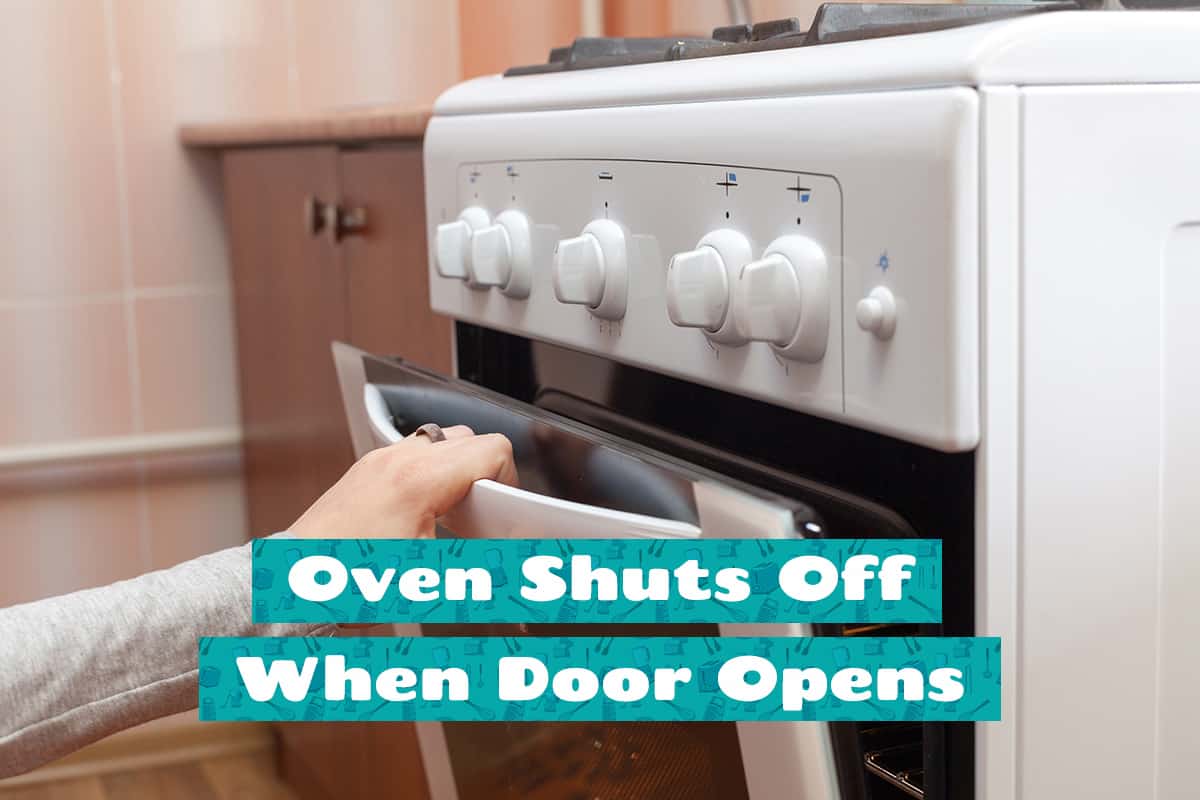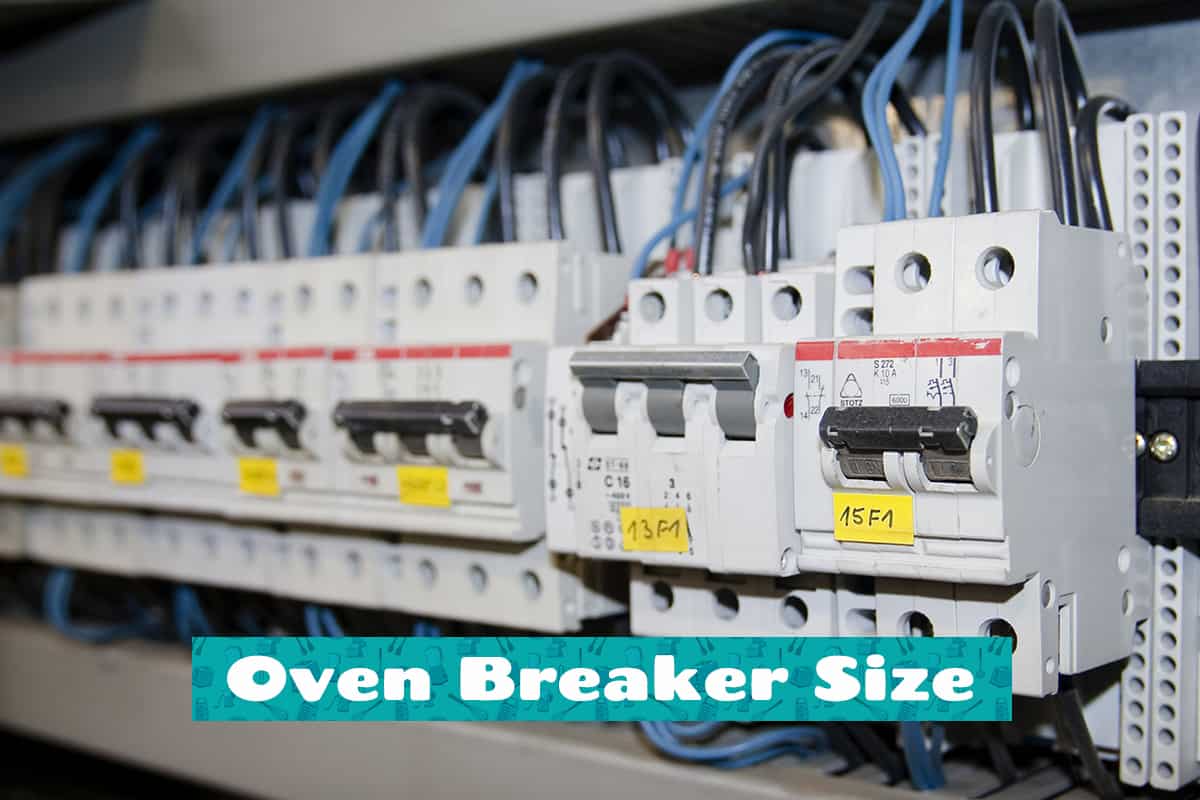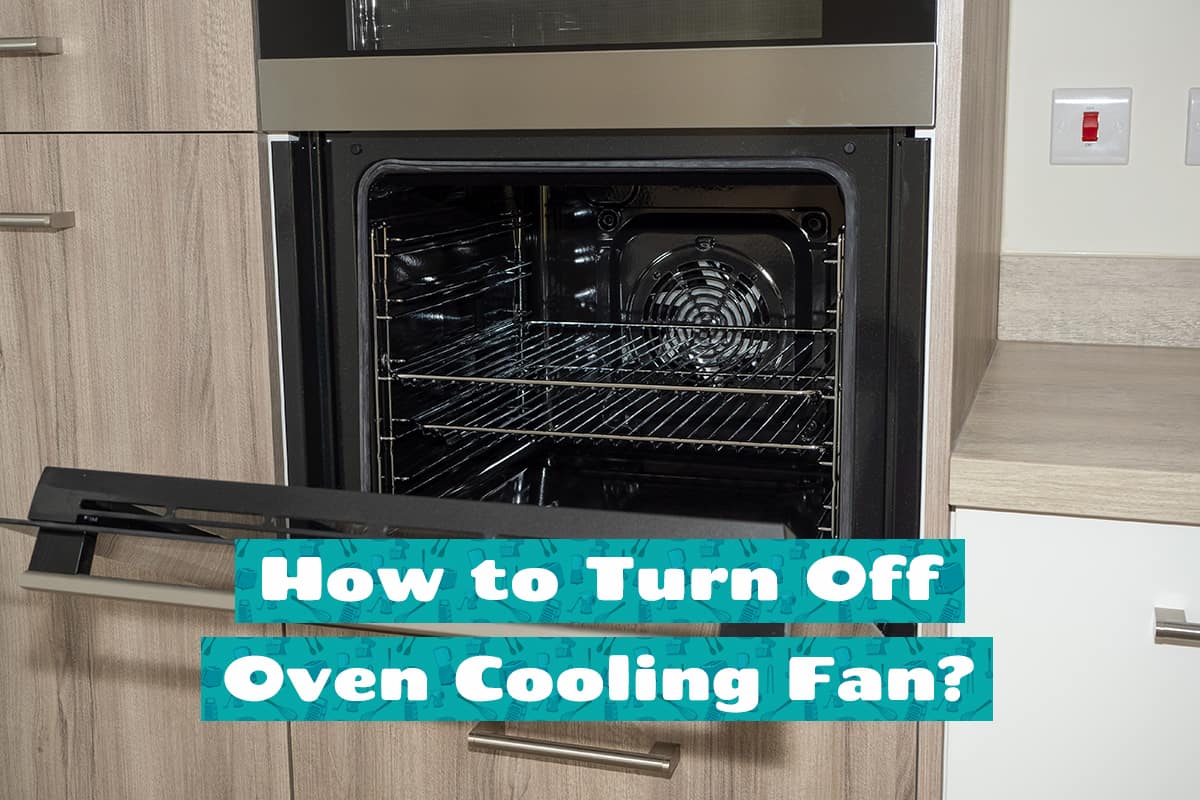Gas ovens are popular because they heat up quickly and provide consistent cooking results. However, they can develop issues that may lead to a gas smell.
If you smell gas coming from your gas range, it might be due to one of the following:
- Incomplete combustion
- Gas leaks
- Dirty or clogged burners
- Malfunctioning ignition system
- Poor ventilation
- Gas pressure issues
- Worn or damaged components
In this guide, we’ll break down the basics of gas ovens and explore the common reasons behind gas smells.
The Basics of a Gas Oven
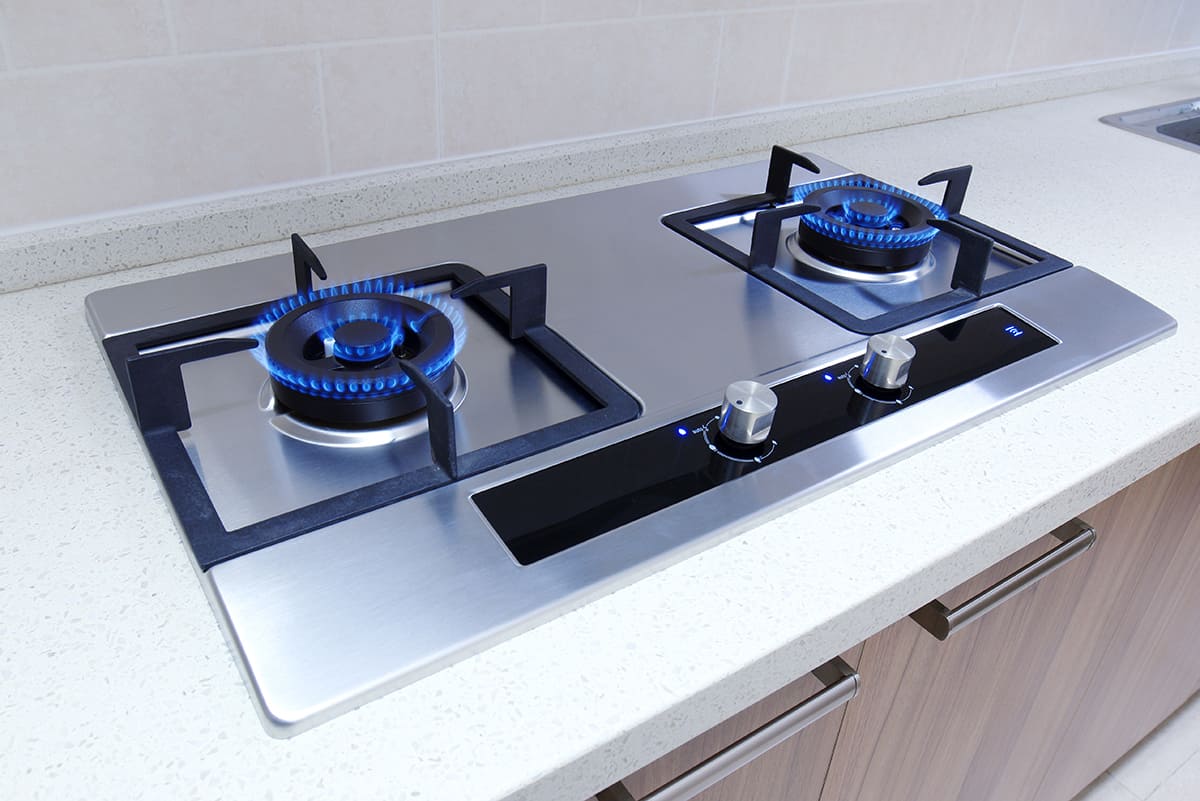
Gas ovens are popular because they heat up quickly and provide even cooking. Let’s take a closer look at how they work and the different types of fuel they use.
How gas ovens work
In a gas oven, a mixture of fuel and air is ignited, creating heat for cooking. When you turn on the oven, a safety valve opens, allowing gas to flow to the burners, where the ignition system sparks a flame to heat the oven.
Components of a Gas Oven
To understand gas ovens better, let’s learn about their main parts and how they function together.
Burners
Burners are the metal parts where the gas and air mix and ignite to produce heat. In a gas oven, there are usually two burners: one for the stovetop and one for the oven itself. The flames on the burners heat your pots, pans, and the oven’s interior.
Ignition systems
The ignition system is responsible for creating the spark that lights the gas and starts the burner. There are two types of ignition systems: pilot lights and electronic ignitions. Pilot lights are small flames that stay lit continuously, while electronic ignitions use a spark to ignite the gas only when the oven or burner is turned on.
Oven safety valves
Safety valves control the flow of gas to the burners. When you turn on your oven, the safety valve opens, allowing gas to flow. If the ignition system doesn’t light the gas within a set time, the safety valve closes to prevent unburned gas from building up in your oven.
Gas lines and connections
Gas ovens are connected to a fuel source, either natural gas or propane, through pipes or hoses. These connections must be secure and properly sealed to prevent gas leaks, which can lead to a gas smell or even pose a safety risk.
Common Causes of Gas Smell
If you notice a gas smell coming from your oven, it’s crucial to determine the cause. In this section, we’ll discuss the most common reasons for gas odors and what might be causing them.
1. Incomplete combustion
When the gas in your oven doesn’t burn completely, it can produce a gas smell. This issue often happens when there’s not enough air mixed with the gas or when the burners are dirty. Incomplete combustion can cause unpleasant odors and may also reduce the efficiency of your oven.
2. Gas leaks
Gas leaks are a serious safety concern and a common cause of gas smells. They can occur if there’s a problem with the gas line, connections, or valves. A gas leak can pose a risk to your health and safety, so it’s essential to identify the source of the smell and address it immediately.
3. Dirty or clogged burners
Over time, your oven’s burners can become dirty or clogged with grease and food debris. This buildup can interfere with the proper combustion of gas and cause unpleasant odors. Additionally, dirty burners may not heat up evenly or work as efficiently as they should.
4. Malfunctioning ignition system
If your oven’s ignition system isn’t working correctly, it might not ignite the gas properly. This issue can lead to a buildup of unburned gas in your oven, resulting in a gas smell. A malfunctioning ignition system can also cause your oven to take longer to heat up or not heat at all.
5. Poor ventilation
Your kitchen should have good ventilation to help remove any gas odors produced during cooking. If your kitchen lacks proper ventilation or if your oven’s venting system is blocked or damaged, gas smells can linger and become more noticeable. Poor ventilation can also lead to a buildup of potentially harmful gases, such as carbon monoxide.
6. Gas pressure issues
Sometimes, gas pressure problems can cause a gas smell in your oven. If the gas pressure is too high, it can lead to incomplete combustion and the production of odors. On the other hand, if the gas pressure is too low, your oven may not heat properly, and you might notice a gas smell as the burners struggle to ignite.
7. Worn or damaged components
Over time, the various components of your gas oven can wear down or become damaged. For example, seals and gaskets may deteriorate, allowing gas to escape and cause a smell. Similarly, valves, lines, and connections can become loose or damaged, leading to gas leaks and odors.
Troubleshooting Gas Odors
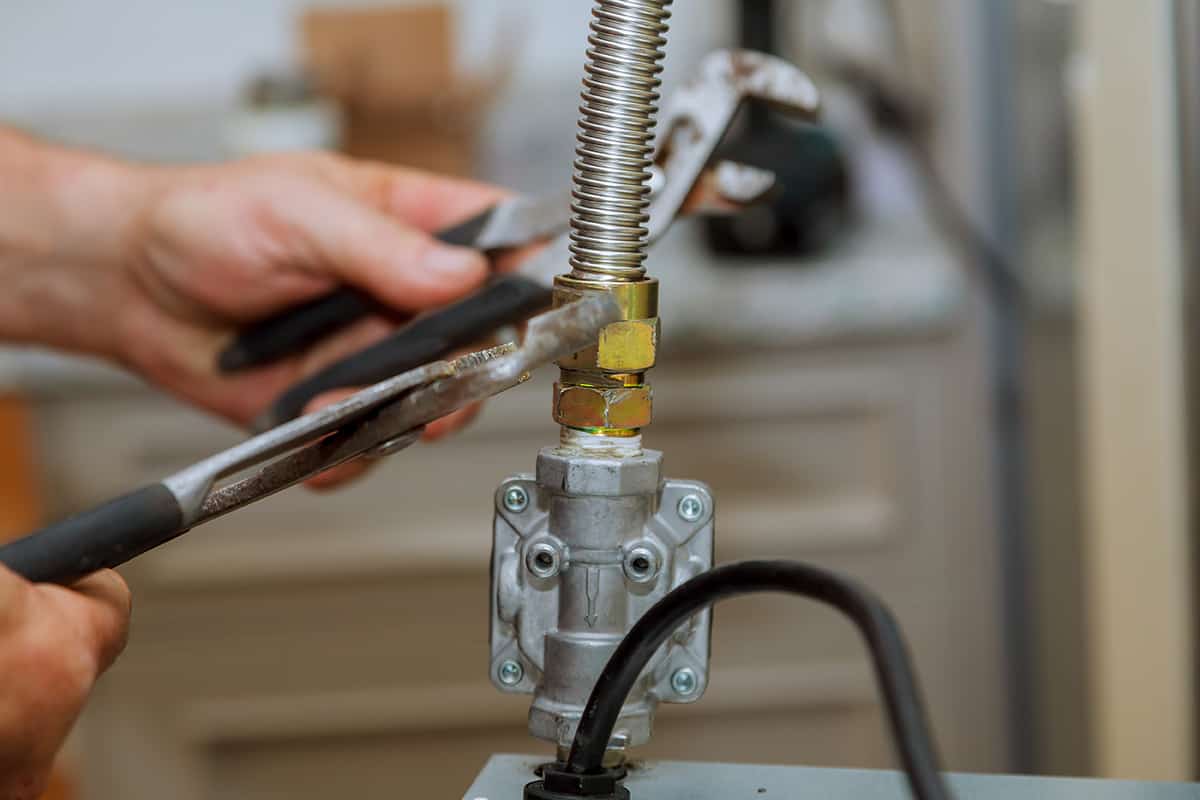
If you’ve identified a gas smell coming from your oven, it’s important to address the issue promptly. Here, we’ll walk you through some troubleshooting steps to help you resolve common gas odor problems.
1. Addressing burner problems
Start by cleaning your burners to remove any grease, dirt, or debris that might be causing incomplete combustion. Turn off the gas, remove the burner grates, and clean them with warm soapy water. You can also use a soft brush or toothpick to clean the small holes in the burners.
2. Fixing ignition system issues
If your oven isn’t igniting properly, you may need to clean or replace the igniter. For pilot light systems, check if the flame is burning. If not, clean the pilot light orifice with a thin wire. For electronic ignitions, ensure that the igniter is clean and free of debris. If it still doesn’t work, you may need to replace the igniter.
3. Cleaning or replacing oven safety valves
A faulty oven safety valve can cause gas odors. To address this issue, turn off the gas and inspect the valve for damage or debris. If it’s dirty, clean it carefully. If you suspect the valve is damaged, it’s best to call a professional to replace it.
4. Sealing gas line connections
Gas leaks can occur at connections between your oven and the gas supply. To check for leaks, mix a small amount of dish soap with water and apply it to the connections. Turn on the gas, and if bubbles form, you have a leak. Turn off the gas, tighten the connections, and reapply the soap mixture to ensure the leak is fixed.
5. Improving ventilation
Make sure your kitchen has proper ventilation to help remove gas odors. If you have a vent hood, ensure it’s working correctly and clean the filters regularly. You can also open windows or use an exhaust fan to improve airflow in your kitchen.
6. Checking gas pressure
If you suspect gas pressure issues, it’s best to call a professional to check and adjust the pressure as needed. Incorrect gas pressure can cause odors and affect your oven’s performance.
7. Inspecting and replacing worn components
Regularly inspect your oven for signs of wear or damage. If you notice any issues, such as deteriorating seals or loose connections, address them immediately. If you’re unsure how to repair or replace a component, consult your oven’s manual or contact a professional for help.
What to Do When You Smell Gas
If you smell gas, immediately turn off your oven and the gas supply. Open windows and doors to ventilate the area. Avoid using electrical devices or flames, as they can ignite the gas. If the smell persists or you suspect a gas leak, evacuate your home and call a professional for help.
